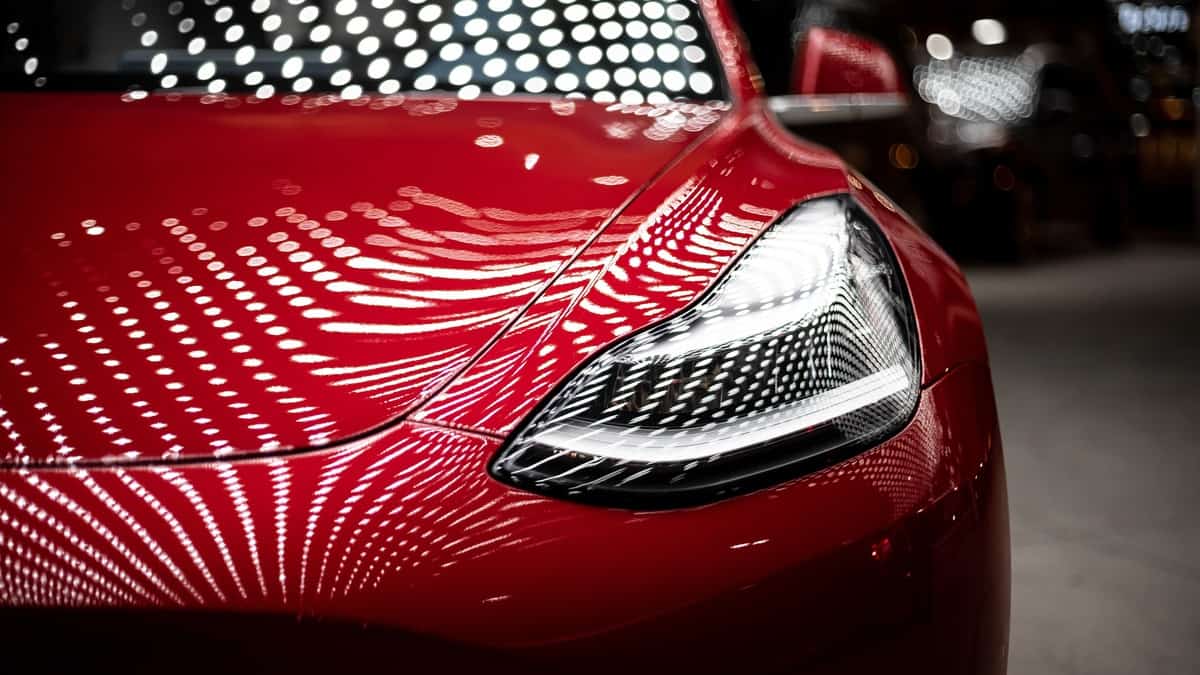Australia’s electric vehicle sales rebounded in May 2024 primarily due to the intensifying price war amid the surge of low-cost Chinese EVs and Tesla’s strong dominance in the domestic market.
Price war sparks EV sales growth
Australia sold a total of 8,974 battery-electric vehicles in May 2024, The Driven reports, citing the Federal Chamber of Automotive Industries’ (FCAI) data.
This sales data represents a notable month-on-month increase from just 6,194 units in April 2024 and year-on-year growth from 8,124 units in May 2023.
This remarkable sales growth in May 2024 enabled electric vehicles to account for 8.1% of the overall market, which sold a total of 111,099 vehicles.
While this is a remarkable result for EVs, it still indicates a decline from the records set in February and March 2024. According to the report, EV adoption exceeded the 9.5% threshold in both record months.
BYD steals market share from Tesla
As expected, Tesla remains the leading automaker in the Australian EV market in May 2024.
Its market share has usually been more than 60% in recent history. However, Chinese electric automakers, led by BYD, are starting to claim a portion of Tesla’s market share.
BYD’s new Seal EV reached a new record high, enabling the brand to gain an 18% share of the market. Its market share continues to expand rapidly even with only three EVs in its lineup in the local market. Nonetheless, it plans to launch more offerings in the near future.
Impressively, BYD has grown 67% this year to date. In contrast, Tesla’s EV market share has dropped 0.7% from January to May compared to the same period last year.
“As the global leader in new energy technology, BYD is delivering on its commitment to make it easier for drivers to transition to more sustainable vehicles. These results are an indication of the direction we are moving – and the exciting thing is, with the SeaLion 6 now available, this is just the beginning.”
David Smitherman, CEO of BYD’s Australian distributor David Smitherman
Top-selling EVs – May 2024
Presented below are the top-selling models in the Australian market in May 2024:
| Rank | Model | Sales |
| 1 | Tesla Model 3 | 1,958 |
| 2 | Tesla Model Y | 1,609 |
| 3 | BYD Seal | 1,002 |
| 4 | BYD Atto 3 | 737 |
| 5 | MG MG4 | 565 |
| 6 | Volvo EX30 | 466 |
| 7 | BMW i4 | 198 |
| 8 | Kia EV6 | 181 |
| 9 | BYD Dolphin | 175 |
| 10 | Mercedes-Benz EQA | 172 |
| 11 | Hyundai Ioniq 5 | 120 |
| 12 | GWM Ora | 116 |
| 13 | Toyota bZ4X | 73 |
| 14 | Hyundai Ioniq 6 | 66 |
| 15 (tie) | Mercedes-Benz EQE SUV | 60 |
| 15 (tie) | Kia e-Niro | 60 |
| 17 | Volvo C40 Recharge | 50 |
| 18 | Kia EV9 | 49 |
| 19 | Subaru Solterra | 45 |
| 20 | Nissan Leaf | 38 |
| 21 | BMW iX | 34 |
| 22 | Cupra Born | 31 |
| 23 | Ford Mustang Mach-E | 30 |
| 24 | Renault Megane E-Tech | 25 |
| 25 (tie) | Mercedes-Benz EQB | 22 |
| 25 (tie) | Mercedes-Benz EQE | 22 |
| 27 (tie) | Porsche Taycan | 22 |
| 28 | Lexus RZ | 20 |
| 29 | Mercedes-Benz EQS SUV | 19 |
| 30 | Audi e-tron | 15 |
| 31(tie) | Audi e-tron GT | 7 |
| 31 (tie) | Genesis GV60 | 7 |
| 32 | Mercedes-Benz EQC | 6 |
| 34 | BMW i7 | 2 |
| 35 | Jaguar I-Pace | 1 |
The price war in the Australian markets benefits customers by enabling them to access lower prices, potentially further expanding the market in the coming years.
With more than 40,0000 EVs on the road so far this year and numerous new models in the pipeline, sales this year will highly likely surpass the 100,000 threshold. It demonstrates Australia’s commitment to the looming fuel-emission standards due early next year.

